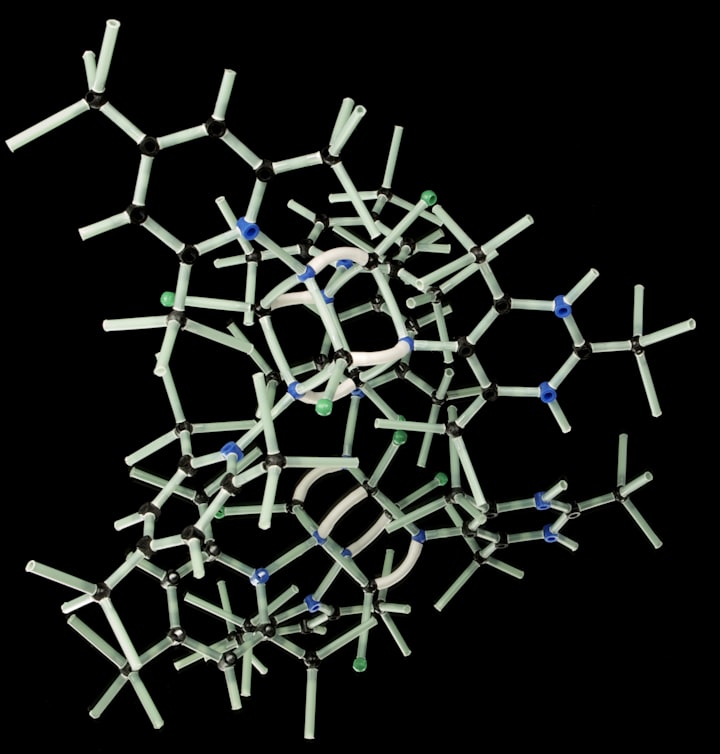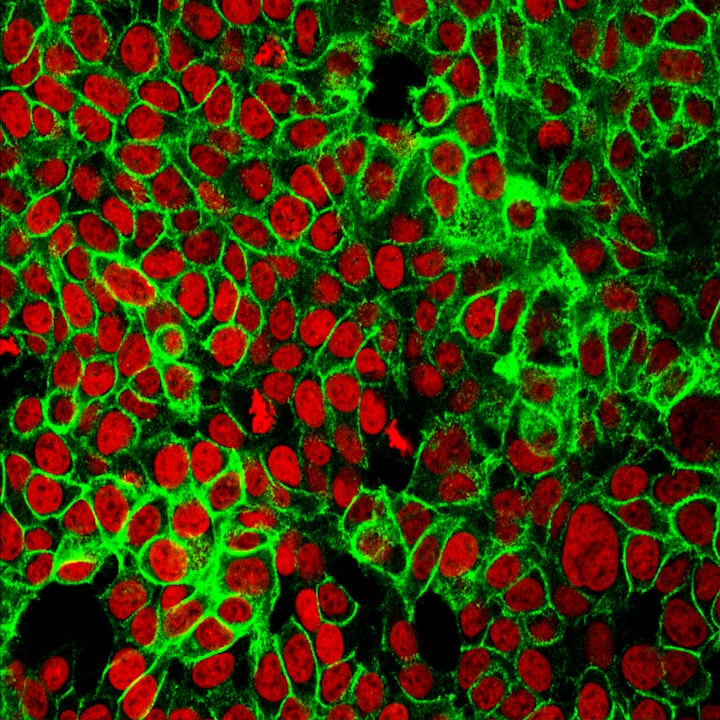Do Donated Organs Age According to the Donor or the Recipient?
Do donated organs age according to the donor or the recipient? Discover the truth about organ transplantation and the aging of donated organs.

When it comes to the fascinating realm of organ transplantation, one of the persistent questions that arises is whether a donated organ ages based on the donor's age or adapts to the age of the recipient's body.
Let's delve into this captivating subject and unravel the truth behind the aging of donated organs.
## Constant DNA Identity
A critical point to understand is that a donated organ retains the DNA of the original donor.
This means that regardless of the recipient's age, the organ's genetic identity is preserved, necessitating the need for immunosuppressive medication to prevent the recipient's body from rejecting the foreign organ.
## Organ-Specific Aging Patterns
It's essential to recognize that organs do not age in a linear fashion, solely reflective of the donor's age.
Factors such as lifestyle choices, environmental influences, and individual health conditions play a pivotal role in dictating the aging trajectory of an organ.
For instance, a 30-year-old individual who is a smoker and doesn't consume alcohol might possess lungs that resemble those of an average 50-year-old, while their liver could exhibit characteristics akin to a 20-year-old.
This underscores the nuanced nature of organ aging, which transcends the chronological age of the original donor.
## Cellular Dynamics and Adaptive Responses
The aging process of a transplanted organ also involves intricate cellular dynamics and adaptive responses within the recipient's body.
These biological mechanisms, influenced by factors beyond the donor's age, contribute to the overall performance and longevity of the transplanted organ, showcasing the dynamic interplay of cellular biology and environmental influences.
## Complex Interplay of Variables
In essence, the question of whether donated organs age based on the donor's age or adjust to the new body's age defies a simplistic binary answer.
Instead, it's a multidimensional phenomenon influenced by a myriad of variables, encompassing genetic makeup, lifestyle choices, and the recipient's physiological milieu.
## Ongoing Fascination and Ethical Imperatives
The complexities surrounding the aging of donated organs not only fuel scientific inquiry and medical advancements but also raise profound ethical considerations, underscoring the significance of informed consent, donor-recipient matching, and ongoing research to enhance organ transplantation outcomes.
The enigma of organ aging within the context of transplantation serves as a compelling testament to the intricate interplay of biological, social, and ethical dimensions, reflecting the perpetual quest for deeper understanding and innovative solutions in the realm of medical science and human compassion.






